"This event aims to help us get back to the normal track and focus on the biggest challenge to face during Hungary's rotating EU presidency," Viktor Orban said in his speech delivered at the National University of Public Service, noting that Hungary assumed the EU presidency during a particularly difficult time.
"Competitiveness and economic neutrality are concepts Hungary will increasingly encounter in the future," he said. His government is taking steps to introduce the idea of economic neutrality into the Hungarian political and economic landscape. The prime minister made it clear that while tools like ChatGPT can offer insights, Hungary must dig deeper to fully understand the complexities of economic neutrality.
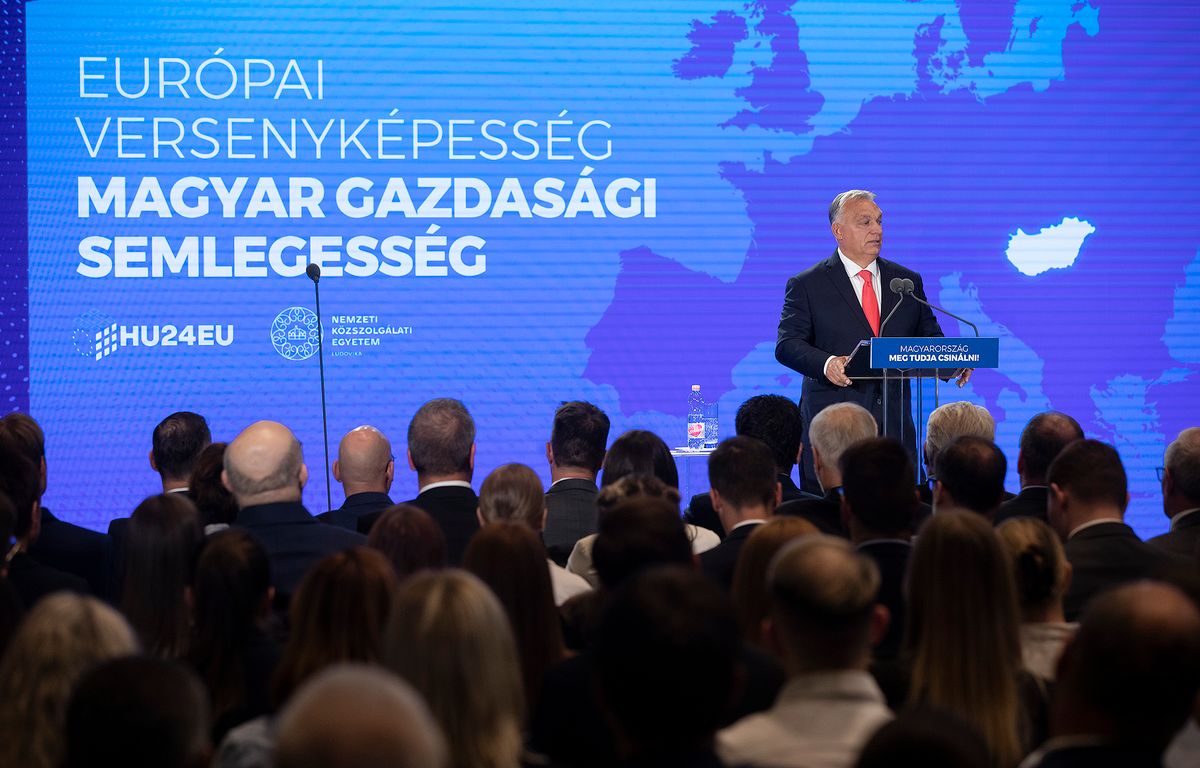
Competitiveness
Competitiveness is central to Hungary's EU presidency with the agenda being designed around it, PM Orban said. He highlighted
EU Affairs Minister Janos Boka's team says that European leaders should be persuaded to conclude a competitiveness pact at a meeting in Budapest in November. This, however, is not so easy, as we need to come up with an understanding and some important measures on which most member states agree.
There are also other obstacles, such as some EU leaders' childish behavior.
They think they are playing a trick on us, but they are only making a laughing-stock of themselves. The European Union is more serious than a kindergarten,
he said. PM Orban believes that two political problems are encountered when talking about the decline of competitiveness in Europe.
The EU's internal communication culture is based on saying all kinds of things about our values and unity, and whoever puts it more nicely is the one who comes first. Talking about problems and challenges is a taboo topic in the world of Brusselites,
he added. On the other hand, talking about these issues easily gets anyone the anti-Western stigma.
Draghi Report
Former Italian Prime Minister Mario Draghi has prepared a report on European competitiveness, and PM Orban recommended that university students should also read it. He pointed out that according to the Draghi Report, cheap Russian energy sources have disappeared and the EU has lost its full annual GDP growth, while significant financial resources have had to be reallocated to build new infrastructure. EU companies are facing energy costs two to three times higher than those in the United States, while 60 percent of European companies cite EU regulations as their biggest challenge. The report warns that the EU will continue to fall further behind in the future.
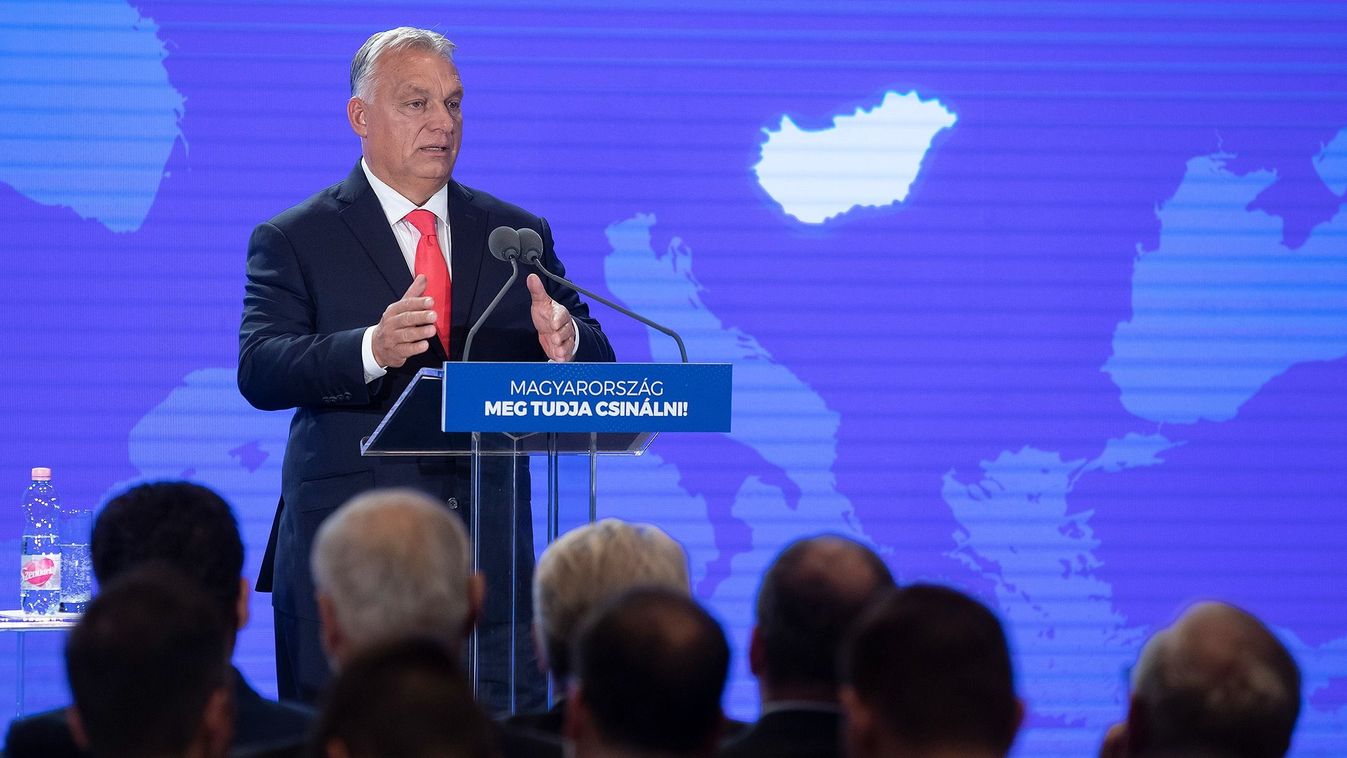
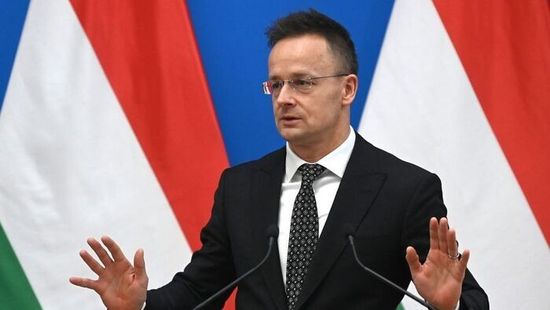

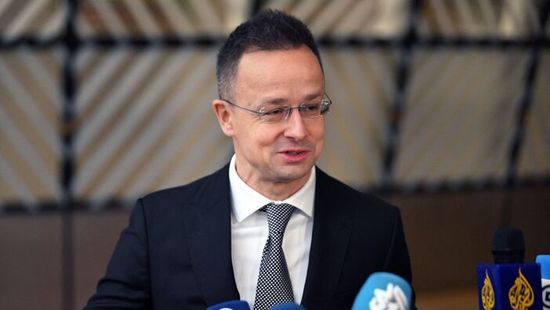
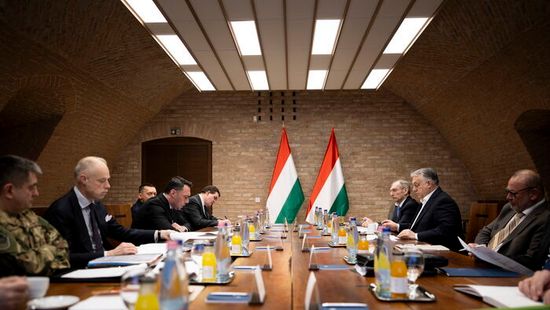



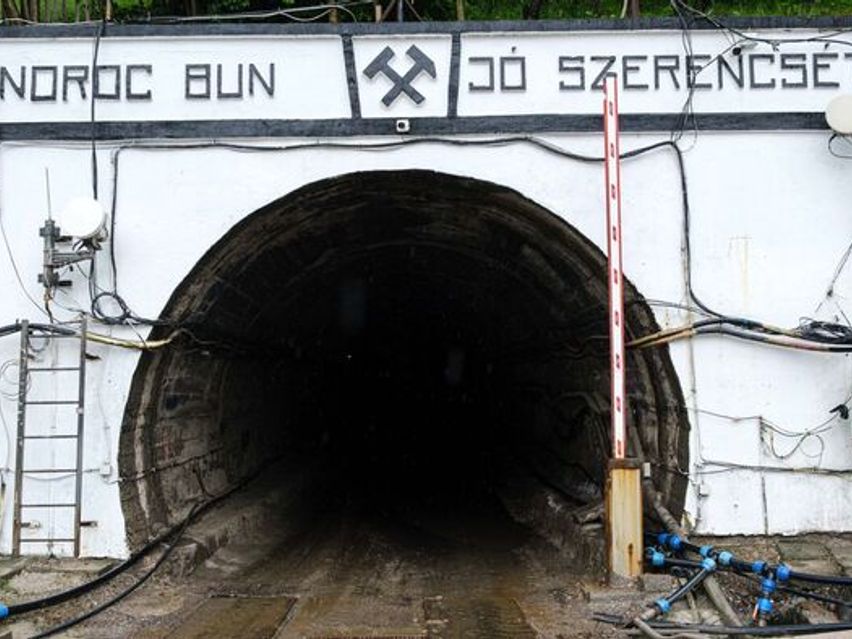
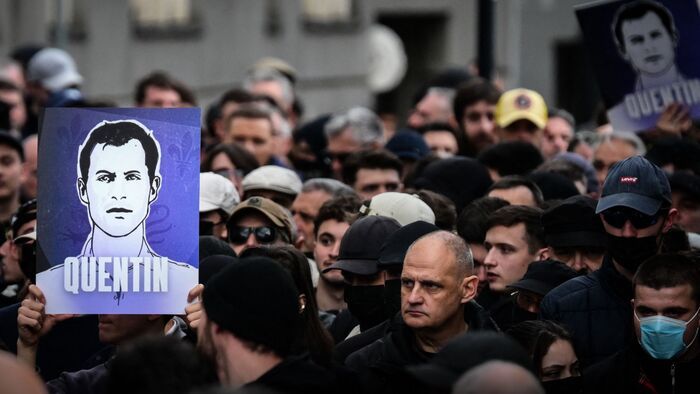

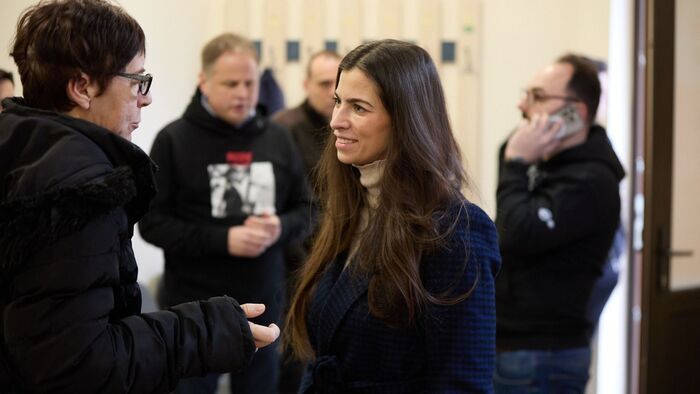





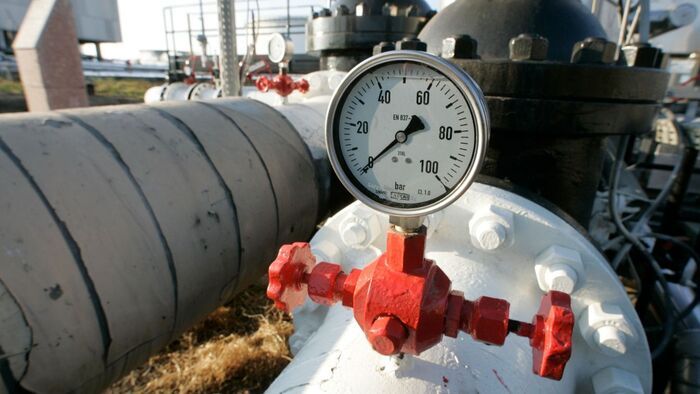




Szóljon hozzá!
Jelenleg csak a hozzászólások egy kis részét látja. Hozzászóláshoz és a további kommentek megtekintéséhez lépjen be, vagy regisztráljon!